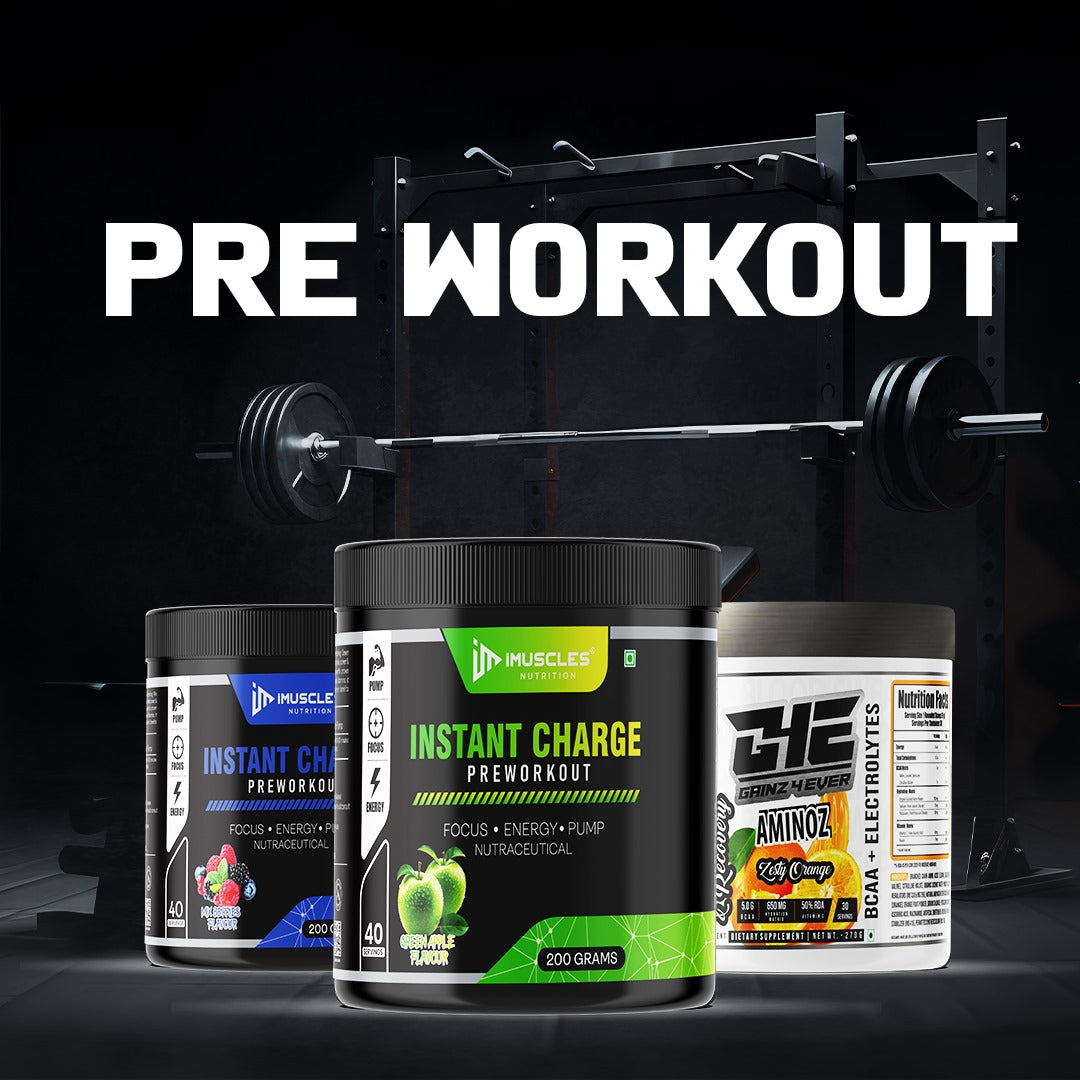
7 frequently asked questions about creatine
iMuscles Nutrition-
What Is Creatine, and How Does It Work?
By the time athletes get to creatine supplementation, it is a naturally occurring compound found primarily in the muscles and brain in the form of phosphocreatine. It aids the regeneration of ATP (adenosine triphosphate), the body’s main energy source for short-duration, high-intensity efforts like resistance training and sprinting.
-
When to use Creatine Supplement?
Creatine is ideal for:
Enhanced Strength & Performance Those trying to boost strength and efficiency in the gym (whether it be bodybuilders, athletes, health club goers, etc.)
Vegans or vegetarians who may have lower natural creatine levels because of their diet.
3. One common question is:Does creatine cause water retention or bloating?
Creatine attracts water within muscle cells, allowing them the become fuller. So yes, at first, it can lead to water retention. However, this is not dangerous and is often a sign of appropriate use of creatine in the body.
-
When should you take creatine?
There’s no hard-and-fast rule about this, but research does suggest:
Post-workout: For efficacy with protein/carbs.
Daily at a specific time: To keep muscle creatine stores topped off.
5. Is loading phase necessary for creatine?
A ‘loading’ phase (20g/day, divided into 4 servings, for 5–7 days) accelerates saturation within muscles. But if you were to just take 3–5g a day and do this regularly, that leads you to the same result just spread out over a longer period of time.
-
Is creatine safe, and are there side effects?
Creatine is probably one of the safest research-backed supplements. Although mild side effects such as bloating or upset stomach may affect some users. Drink enough water and don’t get dehydrated, and if you have kidney problems, check with the doctor.
-
Can women use creatine?
Yes, creatine is safe and effective for women. It improves strength, endurance and recovery without adding unwanted bulk because muscle growth is a hormone-regulated phenomenon.

